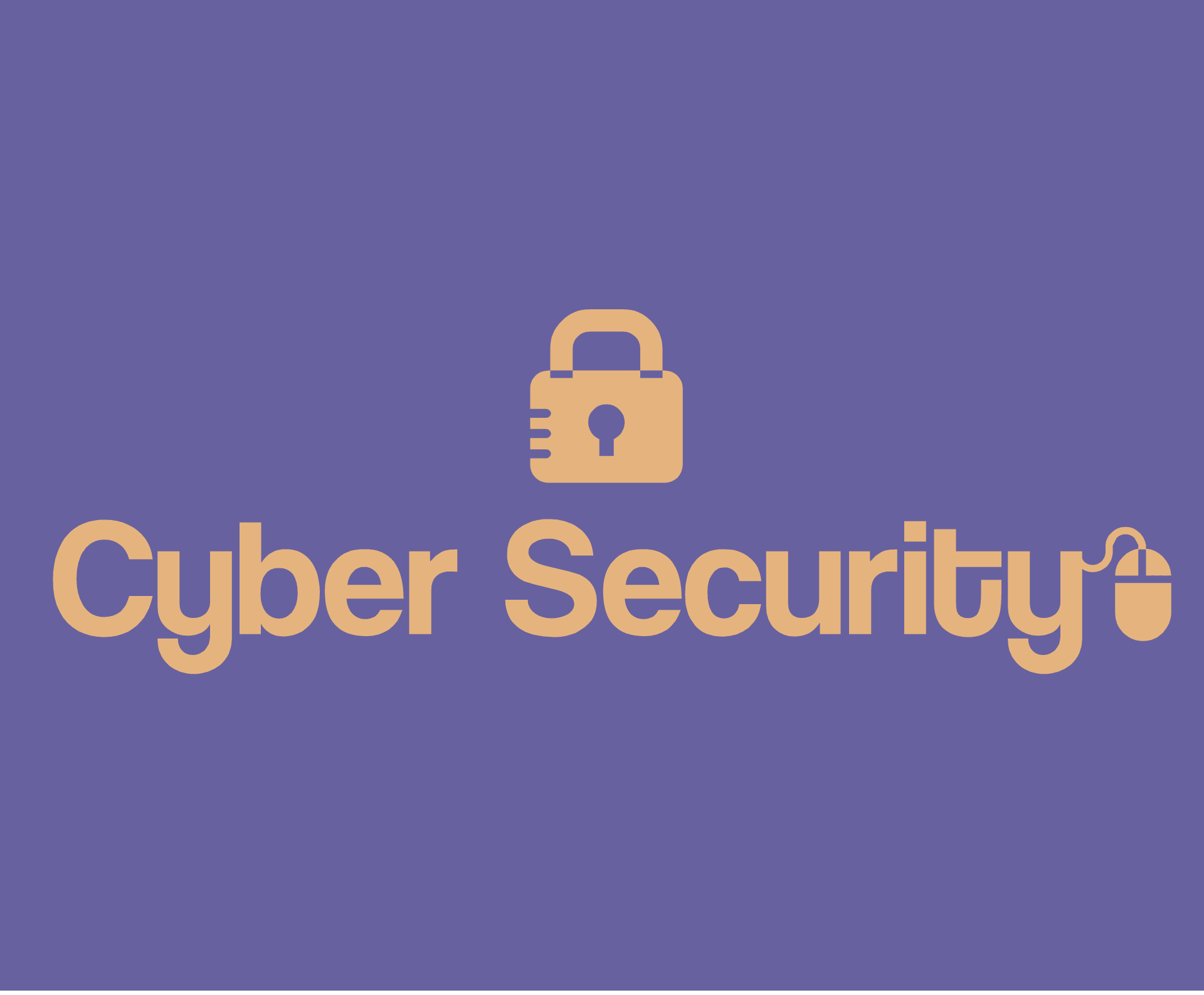Parenting in the Digital Age: 4 Ways to Keep Your Kids Safe When Online
Online predators often target children who feel lonely and have low self-esteem. The anonymity that the virtual world offers lures in both prey and predators, and therefore, it is essential that children find themselves surrounded by people who provide them with a safety net.

They say that it takes a village to raise a child. However, in today’s digital age, one could be forgiven if they feel that it is Google that helps us raise our kids. Whether it is parents looking for help online or even handing over the phone to keep their kids engaged with YouTube—digital media sure plays a critical role in child rearing. I am neither condoning or condemning this fact of life but just stating it here.
It is a known fact that too much screen time for children below the age of 10 is detrimental to their overall well-being. In addition to that, other threats like online predators and paedophiles also loom large over kids and parents.
What’s important is to ensure that our kids are protected when they go online. In this article, we try and list ways by which you can protect your kids.
1. Talk, talk, and talk some more
The communication channel must remain open, receptive and uninterrupted between you and your child. Online predators often target children who feel lonely and have low self-esteem. The anonymity that the virtual world offers lures in both prey and predators, and therefore, it is essential that children find themselves surrounded by people who provide them with a safety net.
Speaking to The Better India, Praggati Rao, a Psychologist and Neurological Transformation Coach says,
Social media and the digital craze is something that the previous generation is also learning and grappling with. Personally, as a parent, I believe that it is essential to get our kids to view social media and the digital space in the right light.

Depending on the age of the child, keep warning them about the dangers that lurk online. If possible, provide them with enough content that informs them about the risks of divulging too much information online.
2. Place the computer in a common area

Place the computer either in a common area or a place where it is visible to many, says Rao. Refrain from giving the children access to a laptop, which may be used in rooms. Always keep an eye on what sites your child is accessing and what they are searching for. While most social networking sites require the child to be above the age of 13, many flout this rule. It is up to you, as parents, to ensure that they adhere to these rules. If your child speaks of friends in the virtual world, make sure you find out as much as possible about who that friend is, and what conversation they are having.
3. Stop them from sharing selfies and personal information
Warn your child about the dangers of sharing intimate pictures and selfies with strangers in the virtual world. They should also never divulge any personal information, which includes the name of the school, area of residence, bank details, or even general know-how of the child’s routine. If your child is using the computer to play games online, try and ask them to give themselves gender-neutral names and not add any personal picture on display. The lesser the information online about them, the better. Emphasise time and again that they should not do anything that they feel uncomfortable doing at the behest of anyone online.
4. Consider installing surveillance software

While the intent of this is not to spy on the child, it is essential that as parents, you know what your child is up to when they are online. Installing surveillance software will help in doing that. These tools help you monitor every device connected to your network and gives you the opportunity to set a device-specific schedule. There are parental controls built into your system as well, so do a search for that and enable it.
Every once in a while, check the browsing history on the device being used, this will give you a sense of what is being searched for. You should always look out for suspicious online activity, which includes deleting browsing history. If you would like to learn how to conduct this search, click here.
“We must strike a balance between the virtual world and reality. Just as we hand-hold them in various other phases of life, they need the same from us here as well,” adds Rao.
(Edited by Saiqua Sultan)
You May Also Like: Only You Own Your Data, No Company Can Have Right Over It: TRAI
Like this story? Or have something to share?
Write to us: [email protected]
Connect with us on Facebook and Twitter.
If you found our stories insightful, informative, or even just enjoyable, we invite you to consider making a voluntary payment to support the work we do at The Better India. Your contribution helps us continue producing quality content that educates, inspires, and drives positive change.
Choose one of the payment options below for your contribution-
By paying for the stories you value, you directly contribute to sustaining our efforts focused on making a difference in the world. Together, let's ensure that impactful stories continue to be told and shared, enriching lives and communities alike.
Thank you for your support. Here are some frequently asked questions you might find helpful to know why you are contributing?


This story made me
-
97
-
121
-
89
-
167














